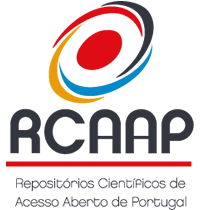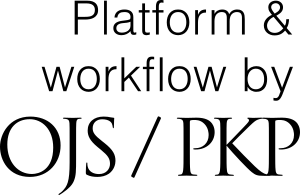Dietary replacement of fishmeal with polychaete meal (Alitta virens) impacts European seabass acute stress response
DOI:
https://doi.org/10.48797/sl.2023.49Keywords:
Selected Oral CommunicationAbstract
Background: Reducing the incorporation of fisheries-derived ingredients in aquafeeds is a major trend to support aquaculture’s sustainable growth. Due to its high protein content and biochemical composition, polychaete meal (PM) is emerging as a viable alternative to fishmeal and potential functional ingredient [1]. Objective: This study aimed to evaluate the physiological response of Dicentrarchus labrax (European seabass) to acute stress, after feeding with diets containingincreasing levels of PM (Alitta virens). Methods: A fishmeal-based diet (FM, control) and three diets containing PM at 2.5% (PM2.5), 5% (PM5), and 10% (PM10), to replace 10-40% of fishmeal, were fed to seabass juveniles for 93 days. Upon trial conclusion, fish underwent a stress challenge: 1-minute air exposure followed by 5-minute overcrowding. After 1 hour of recovery, plasma and liver samples were collected. Plasma metabolite levels, immune parameters and liver oxidative status of stressed fish were compared to those of non-stressed fish (n = 18). Results: Stress induced a significant increase in all biomarkers analyzed, regardless of the dietary treatment. Plasma glucose levels were significantly higher in fish fed PM10 compared to fish fed FM, independently of stress. Accordingly, cortisol levels were not affected by diet. Although basal plasma lactate levels were unaffected by diet, levels after stress were significantly higher in fish fed PM2.5 compared to fish fed FM. PM also impacted liver redox status. In relation to the control, basal GST activity was significantly higher in fish fed PM diets, as was glutathione content in fish fed PM2.5 and PM5. Nonetheless, differences among dietary groups were no longer observed after stress. Conclusions: Our results suggest dietary replacement of fishmeal with PM can modulate European seabass acute stress response. For further insight into the impact of PM on fish robustness, other oxidative stress biomarkers and innate immunity parameters will be analyzed and discussed.
References
1. Wan, A.H.L.; Snellgrove, D.L.; Davies, S.J. A comparison between marine and terrestrial invertebrate meals for mirror carp (Cyprinus carpio) diets: Impact on growth, haematology and health. Aquaculture Research 2017, 48, 5004-5016.
Downloads
Published
How to Cite
Issue
Section
License
Copyright (c) 2023 R. S. Costa, M. Monteiro, L. Thoresen, K. Kousoulaki, L. M. P. Valente

This work is licensed under a Creative Commons Attribution 4.0 International License.
In Scientific Letters, articles are published under a CC-BY license (Creative Commons Attribution 4.0 International License), the most open license available. The users can share (copy and redistribute the material in any medium or format) and adapt (remix, transform, and build upon the material for any purpose, even commercially), as long as they give appropriate credit, provide a link to the license, and indicate if changes were made (read the full text of the license terms and conditions of use).
The author is the owner of the copyright.









